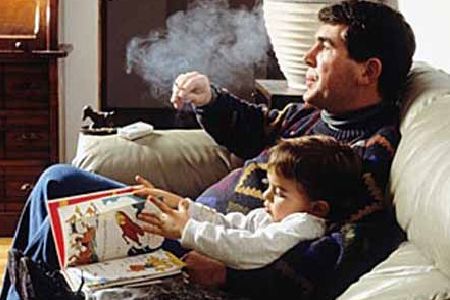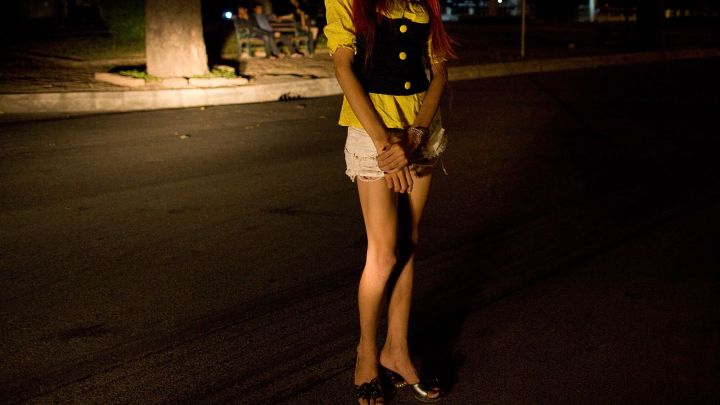Lullabies for Little Criminals by Heather O’Neill is a novel about the saddening expedition Baby, the protagonist, makes from being a 12 year old innocent child to becoming an abused 13 year old who wants the world to see her as an adult. While I analyze this text through the archetypal theory lens, Baby’s journey from innocence to experience becomes very clear. She is consistently moved around from one shabby apartment to the net with her drug-addict father. Jules, her father, abandons Baby many times, causing Baby to take care of herself while living a street life. She finds herself in foster care, and detention homes due to the choices she makes while living on the street. Likewise to most stories such as Baby’s, she battles her “monsters” along the way. The eccentric adults, and the underdog youth she creates poor relationships with only seem to cause more grief in her twisting journey into the troubled world of adulthood. Baby is lured in by drugs, commits a crime with an irresponsible teen, and is later dragged in by a pimp. Baby can be seen as not only the archetypal “victim” but also the “seeker” in this novel.

Givot, Julienne. “The Child Archetype.” Archetypist.com. N.p., n.d. Web. 22 Jan. 2017. <http://archetypist.com/2009/11/24/the-child-archetype/>.
In Baby’s time between the ages of 12 and 13, she experiences both drugs and sex for the first time. Growing up around a heroin-addict father, Baby always saw herself turning out just like him. She knew that drugs would likely become part of her life, she says “I was very firm on the idea that I would become a drug addict too now. I didn’t care what drug I was going to be addicted to” (O’Neill 72). This is the beginning of Baby’s switch from innocence to experience. In this sense, Baby’s father is to blame for deliberately trying to lose his responsibilities as an adult, thus justifying his exploitation of his child. Jules is aware of his poor actions as Baby’s father but chooses to conceal his knowledge of this. In most novels, the transition from innocence to experience means less ignorance, and understanding valuable life lessons but this is not quite the case for Baby.

“Kids’ Leukemia Risk Raised by Dads Who Smoke.” Help Fight Cancer. N.p., 03 Jan. 2012. Web. 22 Jan. 2017. <http://www.helpfightcancer.com/preventing-cancer/kids-leukemia-risk-raised-by-dads-who-smoke/>.
The next act in the transition is when Baby sleeps with Alphonse for the first time. As mentioned in previous blogs, Alphonse is the local pimp who notices Baby one day around the park and chooses to take her in. Since Baby’s father is never around, she takes spending time away from home to her advantage. This is where she gets into trouble with Alphonse. After the first time Alphonse makes Baby have sex with him, she craves being around him. She says, “I was a little bit obsessed after that. No one had ever made me feel that wild, unusual way before.” (O’Neill 162). Alphonse develops an intimate love for Baby and, she herself becomes so obsessed with being with him. Little does she know, he is taking away the small part of what is left in her childhood. Her innocence is completely gone, and she now moves into the stage of experience in her life.

“Los Angeles Sheriff Bans Cops from Using the Phrase ‘child Prostitute’.” Fusion. N.p., 11 Mar. 2015. Web. 22 Jan. 2017. <http://fusion.net/story/226027/la-sheriff-no-arrest-minors-sex-traffcking/>.
For most people, the move into experience is a positive thing in their lives, but for Baby it is not necessarily considered a positive move. When she attempts to explain her choice behind beginning prostitution and her drug use, she says she does it “because no one was prepared to give us a good enough reason not to do it” (O’Neill 287). Since her father was so obsessed with his drug addiction provided her no proper guidance in her life. This allowed Baby to experience the world with no boundaries.
In the times that Baby found herself prostituting to make money for Alphonse, she felt two types of ways. One being that she was willing, and wanted to see what the consequences might be (O’Neill 219) and the other one being “[her] whole body was resisting, even though [she] told it not to” (O’Neill 219). Essentially, Baby was aware what she was doing was wrong, but since she had never been taught what to do and not to do by her father, she chose to go along with it anyway. The relationship between Alphonse and Baby, and Baby and her drug use worsened her sense of guidance. Her entire personality is altered due to Alphonse and her poor sense of judgement was influenced by the same.
There is a pleasant distortion in Baby’s tone of voice that never exceeds her age and that suggest an aurora of broken hope. Along an excellent combination of heartbreaking innocence and demanding wisdom, Baby outlines the underdog kids and eccentric adults who enclose her, even through her transition from innocence to experience as she thinks she becomes one of them. Baby’s blunt eagerness reminds the reader that becoming an adult has less to do with getting older, and more to do with how one changes experiences into stories that can be carried on.
Works Cited
O’Neill, Heather. Lullabies for Little Criminals: a Novel. HarperCollins, 2006, New York. Print.

